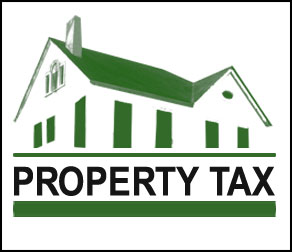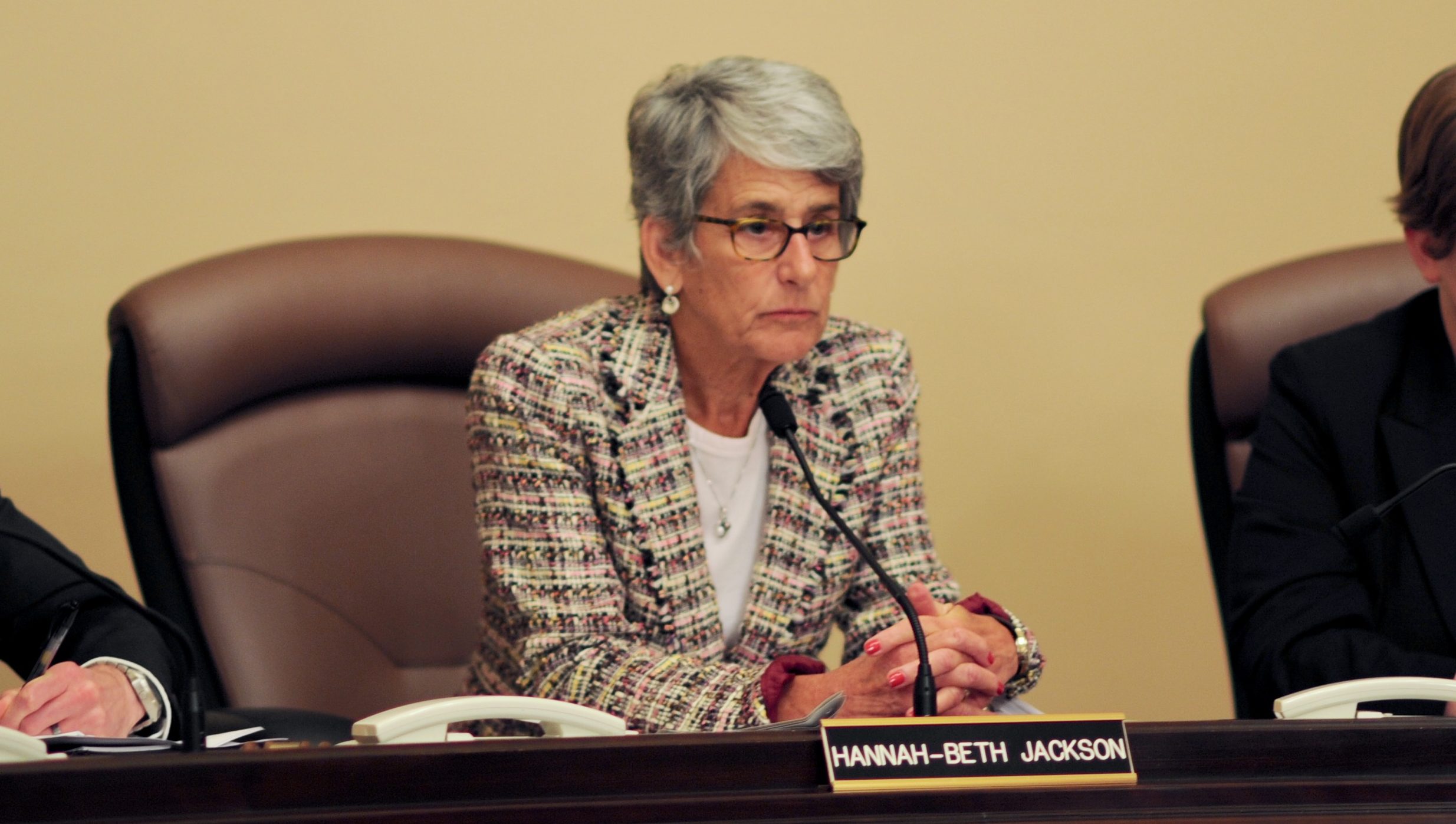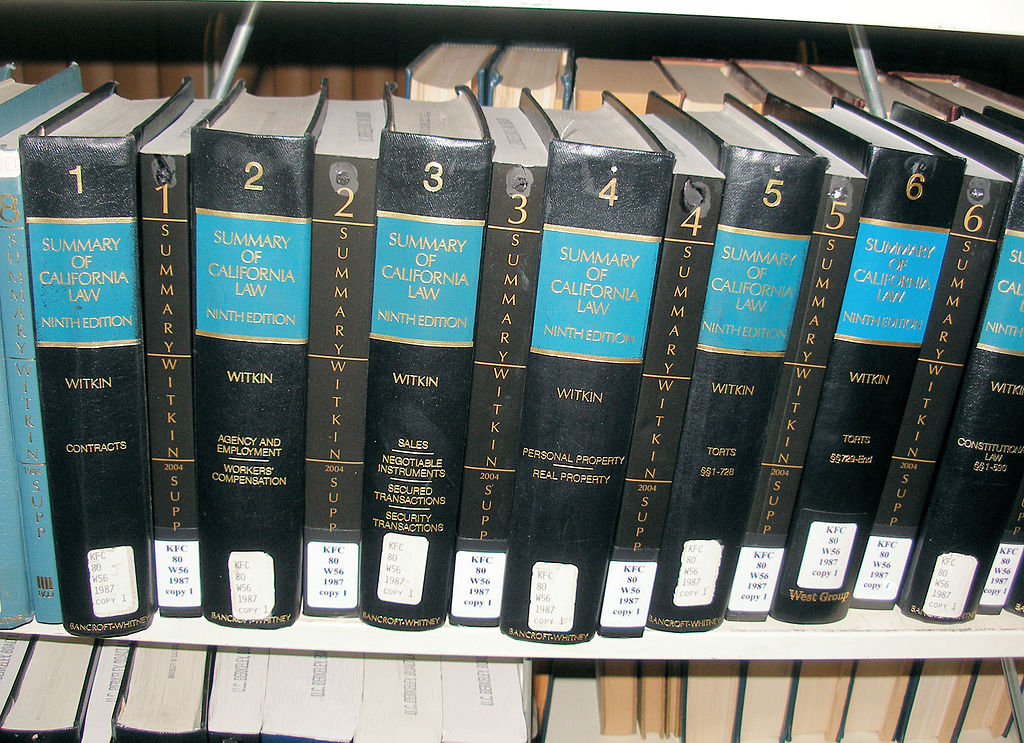
Prop. 19 Makes Changes to California Property Tax Laws
While it creates tax benefits for some, it limits tax benefits for certain transfers of real property between family members
By Chris Micheli, November 6, 2020 2:28 am

It appears that the electorate has passed Proposition 19, which changes property tax rules. It was placed on the statewide ballot by the Legislature by ACA 11 (Mullin), which enacts The Home Protection for Seniors, Severely Disabled, Families, and Victims of Wildfire or Natural Disasters Act. ACA 11 was approved in July as Chapter 31 and was voted upon on November 3, 2020.
Prop. 19 allows homeowners over 55, disabled, or wildfire/disaster victims to transfer the primary residence’s tax base to a replacement residence, changes taxation of family-property transfers, and establishes fire protection services fund. Prop. 19 adds amendments to Sections 2.1, 2.2, and 2.3 to Article XIIIA.
In addition, the California Constitution authorizes the Legislature to authorize a person over 55 years of age or any severely and permanently disabled person residing in property eligible for the homeowner’s exemption to transfer the base year value of that property to a replacement dwelling of equal or lesser value located in the same county, or another county that has adopted an ordinance allowing base years value transfers from other counties.
The California Constitution also provides that the purchase or transfer of the principal residence, and the first $1,000,000 of other real property, of a transferor in the case of a transfer between parents and their children, or between grandparents and their grandchildren if all the parents of those grandchildren are deceased, is not a “purchase” or “change in ownership” for purposes of determining the “full cash value” of property for taxation.
Prop. 19, beginning on and after April 1, 2021, authorizes an owner of a primary residence who is over 55 years of age, severely disabled, or a victim of a wildfire or natural disaster, to transfer the taxable value, defined as the base year value plus inflation adjustments, of their primary residence to a replacement primary residence located anywhere in the state, regardless of the location or value of the replacement primary residence, that is purchased or newly constructed as that person’s principal residence within 2 years of the sale of the original primary residence. Prop. 19 limits a person who is over 55 years of age or severely disabled to 3 transfers under the law.
In addition, Prop. 19, beginning on and after February 16, 2021, excludes from the terms “purchase” and “change in ownership” for purposes of determining the “full cash value” of property the purchase or transfer of a family home or family farm, of the transferor in the case of a transfer between parents and their children, or between grandparents and their grandchildren if all the parents of those grandchildren are deceased.
In the case of a transfer of a family home, Prop. 19 requires that the property continue as the family home of the transferee. Prop. 19 requires that the taxable value of the property be determined as provided in the Constitution. In the case of property tax benefits provided to a family home under these provisions, Prop. 19 requires the transferee to claim the homeowner’s or disabled veteran’s exemption within one year of the transfer. Prop. 19 specifies that these provisions relating to transfers between parents or grandparents and children or grandchildren apply to transfers occurring on or before February 15, 2021.
Thereafter, Prop. 19 establishes the California Fire Response Fund in the State Treasury. Prop. 19 requires the Controller to annually transfer a specified amount, based on calculations by the Director of Finance, of the additional revenues and savings that accrued to the state from the implementation of Prop. 19’s provisions from the General Fund to that fund.
Prop. 19 also requires the Legislature to appropriate moneys in the fund solely for the purpose of funding fire suppression staffing by the Department of Forestry and Fire Protection and underfunded special districts that provide fire protection services.
Finally, Prop. 19 establishes the County Revenue Protection Fund and continuously appropriates moneys in that fund for the purpose of reimbursing eligible local agencies. Prop. 19 requires the Controller to annually transfer a specified amount, based on the calculations by the Director of Finance, from the General Fund to that fund.
Thereafter, Prop. 19 requires each county to annually determine the gain of the county and any local agency within the county resulting from the implementation of Prop. 19 and, if that amount of gain is negative, provides that specified eligible local agencies may receive a reimbursement from the County Revenue Protection Fund.
Prop. 19 requires the California Department of Tax and Fee Administration to provide a reimbursement to each eligible local agency that has a negative gain, determined every 3 years based on the aggregate gain of the eligible local agency, and requires the Controller to transfer any remaining balance in the County Revenue Protection Fund to the General Fund at the end of each 3-year period, to be available for appropriation for any purpose.
As an initial matter, Prop. 19 is known as and may be cited as the Home Protection for Seniors, Severely Disabled, Families, and Victims of Wildfire or Natural Disasters Act. Thereafter, Section 2.1 was added to Article XIIIA. It includes two statements of legislative intent.
Prop. 19 also defines a number of terms, including the following: “Disabled veteran’s exemption”; “Family farm”; “Family farm”; “Full cash value”; “Homeowner’s exemption”; “Natural disaster”; “Primary residence”; “Replacement primary residence”; “Taxable value”; “Victim of a wildfire or natural disaster”; and, “Wildfire.”
Prop. 19 also added Section 2.2 to Article XIIIA. It begins with two statements of legislative intent. The California Fire Response Fund is created within the State Treasury and the County Revenue Protection Fund is created within the State Treasury. Moneys in the County Revenue Protection Fund are continuously appropriated, without regard to fiscal year, for the purpose of reimbursing eligible local agencies that incur a negative gain, and paying the administrative costs of the California Department of Tax and Fee Administration.
In addition, moneys in the California Fire Response Fund are appropriated by the Legislature in each fiscal year and may be used upon appropriation without regard to fiscal year and shall be used to expand fire suppression staffing and not to supplant existing state or local funds utilized for those purposes.
Specifically, under Prop. 19, 20% of the moneys in the California Fire Response Fund are to be appropriated to the Department of Forestry and Fire Protection to fund fire suppression staffing, and 80% of the moneys in the California Fire Response Fund are to be deposited in the Special District Fire Response Fund, and appropriated to special districts that provide fire protection services in accordance with specified criteria.
In addition, the Legislature is required to take into account the following factors, in order of priority:
(A) The degree to which the special district’s property tax revenue is insufficient to sustain adequate fire suppression, as measured against the population density, size of the service area, and number of taxpayers within the boundaries of the special district.
(B) Whether the special district, upon formation, received a property tax allocation in accordance with Chapter 282 of the Statutes of 1979.
(C) Geographic diversity.
Prop. 19 is currently passing and is expected to be adopted. It generated both support and opposition during the fall election season. On the one hand, it creates tax benefits by allowing specified types of homeowners to transfer their primary residence’s property tax base value to a replacement residence anywhere in California. On the other hand, it limits tax benefits for certain transfers of real property between family members.
- Death Deeds in California - February 27, 2026
- Sources of Law - February 26, 2026
- Commercial Fishing - February 26, 2026





Is there any clarity as to which transaction the April 1, 2021 effective date applies? The wording seems to indicate the date applies to the transfer of taxable value; so the purchase of replacement residence and sale of original residence could take place before that date? There are many people out here who would be interested in this answer.
Maybe I didnt read it right. But if my house in B F Egypt burns down, and I decide to move to Beverly Hills, my prop tax is still B F Egypt?
I have the same question as stated above. What does your April, 1, 2021 date refer to. Prop 71 says all propositions must be certified within 43 days. So I assume I could sell and buy and transfer my property tax base to a more expensive home 43 days after Nov 3. Is that correct?
Please clarify the effective date of Prop 19. Prop 71 says it must be certified within 43 days. So what does your april 1, 2021 date refer to?